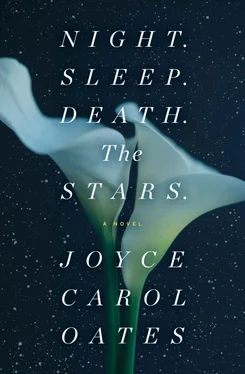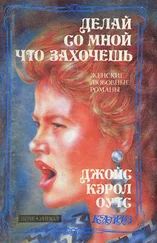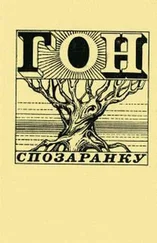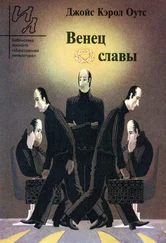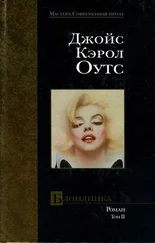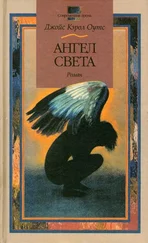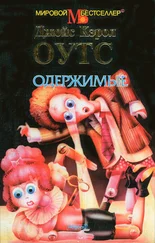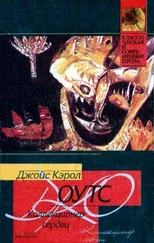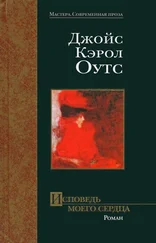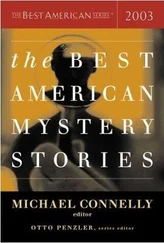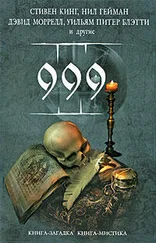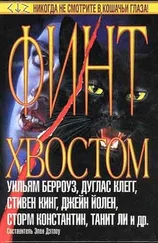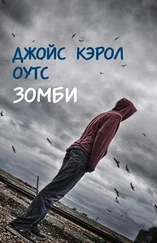It is a malaise that has something to do with the cemetery, that evening. The grave marker—JOHN EARLE MCCLAREN. How desperate the widow had been, seeking the lost husband in a wet cold place with no name.
Hugo insists, he can’t leave her! Ridiculous.
His voice is too loud in the darkened room. It makes her head ache more sharply, it makes her sweat. So exhausted is Jessalyn, the very thought of staggering into the bathroom, to attempt to take a shower, leaves her weak with fatigue.
The bedsheets, crisp-laundered white cotton when they’d arrived the previous day, have become clammy-damp, smelly. Smelling of her (sick, fevered) body. She is ashamed, the man who has said he loves her is close beside her, on the bed, grasping her hand to comfort her when it is not comfort she deserves but pain, and the oblivion of pain.
What now? What is he saying? An edge of exasperation in his voice.
He wants her to eat! To try to eat. He has dared to bring food into the room, on a tray. But Jessalyn is not hungry, the thought of food is repulsive to her. The smell, sickening.
So tired, she only wants to be alone.
It is her fault. It is what she deserves. That she is here in this hotel, in the old “colonial” quarter of Quito, Ecuador. She has come here with a man who is not her husband, who has said that he loves her even if she does not (entirely) love him, a man of whom her family disapproves. Never in her life has Jessalyn done anything so reckless, so improvident.
Whitey had said— Toss the dice, darling. Do it!
She’d postponed immunizations (typhoid, yellow fever, hepatitis A, malaria) until two weeks before the trip, and some of these (probably) have had adverse effects, mild fever, nausea. The Hammond doctor had said to her, surprised, why, Jessalyn, where on earth are you going?—for Jessalyn had been Dr. Rothfeld’s patient for years, as Whitey had been.
Where on earth. With whom. Why.
Haltingly she told him. Perhaps, just slightly proudly she told him. Travel to Ecuador? The Galápagos? Staring at Jessalyn as if he’d never seen her before. This white-haired woman, Whitey McClaren’s widow? So recently a widow?
Must have been that Rothfeld knew no rumors of the widow’s Hispanic lover for he’d asked if Jessalyn was going on a cruise with friends and in the awkwardness of the moment Jessalyn allowed him to think yes, a cruise ship, the Esmeralda . Smiling to think that the doctor was imagining a luxury cruise ship of widows.
Hugo seems offended, hurt. That Jessalyn would ask him to go away and leave her. That she thought no more of him than that, a man who would abandon a sick friend in a country new and strange to her, whose language she could not speak.
Would Jessalyn’s husband have done such a thing? Abandon her? No? Then why would she think that he, Hugo, would abandon her? It is the first time in their relationship that Hugo speaks sharply to Jessalyn.
She has ruined everything now, she thinks, crushed. She has deeply insulted Hugo, she has destroyed his feeling for her that has been precious.
Her brain hurts so, it’s as if a plate has been smashed inside her skull. Sharp pieces of glass, cutting into her brain.
Oh I am so sorry, Hugo! Forgive me.
Too weak to cry. The black rushing malaise sweeps over her.
And where has Hugo gone? Barely Jessalyn can open her eyes to see, the room seems to be empty.
But it is a relief, to be alone. The man’s presence has been too much for her in this weakened state, she has felt oppressed, obliterated. Not enough oxygen in the room, Hugo has sucked it all up.
Especially, she has feared Hugo draining away her sorrow, her grief. Her loneliness, that has become precious to her.
Only in times of utter quiet does her loneliness return, as a kind of balm.
Though she is feeling devastated, she has driven the man away, insulted. (And if he doesn’t return? What will she do then? She is helpless without him in this distant place.)
Thinking now, of course Whitey would never have left her in the hotel dazed and sick, as she has urged Hugo to leave her. Not for a moment would Whitey have thought of such a thing.
Yet, Jessalyn had left him.
In the misery of this illness realizing that she had betrayed her husband, unwittingly. Poor Whitey had died—“passed away”—when Jessalyn hadn’t been at his bedside, to hold his hand and comfort him. She had been in the hospital and yet, by the time she’d been allowed to come to him, it was too late: his fever had spiked at 104.1 degrees Fahrenheit and his heart had failed. Jessalyn had not ever seen him alive again.
When she entered the room it was all over—the struggle of her husband to live. Medics had begun the preparation of his body for death. Tubes, needles had been removed from his exhausted veins. Machines monitoring his vital organs had been turned off. His life had ended so abruptly, Jessalyn hadn’t had the opportunity to say goodbye.
Had Whitey’s soul departed his body? Had Whitey’s soul remained in the room, lost, confused, waiting for Jessalyn to speak to him?
Oh God. What have I done.
Waves of horror wash over her. In her husband’s hour of need she had abandoned him.
It is her punishment, this illness. Why she has been brought here.
The church bells have ceased for the time being. It is past noon. The sun is fierce against the shuttered windows, a January sun at the Equator. Atop the bed with the hard mattress Jessalyn lies without moving, listening to the cries of birds. She wonders if they are bright-feathered, exotic birds—parrots? Cockatoos?
She has driven the man away, who’d loved her. Something reckless and greedy in her, terrible to acknowledge.
A small boat drifting. The canoe behind the house, at the creek. Whitey? Where are you? Sees her hand reach out for his, in a shadowy place.
She is in the canoe, this is a surprise. Always, she has feared canoes! A sudden move, a loss of balance, the canoe could capsize—easily.
Yet, her children had taken out the canoe, as well as the rowboat. Whitey had told her don’t look, don’t look out the window and don’t be ridiculous, the boys can handle that canoe as well as I can. Whitey had spent much of their marriage laughing at Jessalyn, tenderly.
Here is the situation: if Whitey can securely grasp her hand, and if Jessalyn can grip the inside of the canoe, he could tug her toward him in the water. It would not be easy, it would require patience and very often Whitey has been impatient.
Here is a narrow cave into which dark water laps. She has to lower her head in order to enter it.
Jessalyn? I didn’t expect to find you here. This far from home.
It is! It is far from home!— (her voice is gay, to disguise the fear she feels) —I didn’t realize it was so far. But I am here now.
Darling! Give me your hand.
There is a bedside lamp with a stained glass shade. It must be later. The same day, interminable.
The stained glass light is muted but still hurts her eyes.
Jessalyn?—suddenly close beside her, he calls to her. Wake up. Give me your hand—the man is stooped over her.
More roughly than she would wish, the man is helping her out of the dank smelly bed. Explaining where they are going, how they must hurry.
How is it possible, Hugo hasn’t left her? Had she failed to understand?
Her instincts bridle, it is wrong to put on clothes as she is doing, not-clean clothing, and her body slick and smelly with fever. And her hair unbrushed, matted. Dried mucus in the corners of her eyes. Surprising to her, the man is not repelled by her as she is repelled by herself.
Somehow, Hugo has managed to get Jessalyn dressed, and shoes on her feet. He has managed to get her on her feet and able to move as he supports her with his arm around her waist.
Читать дальше
